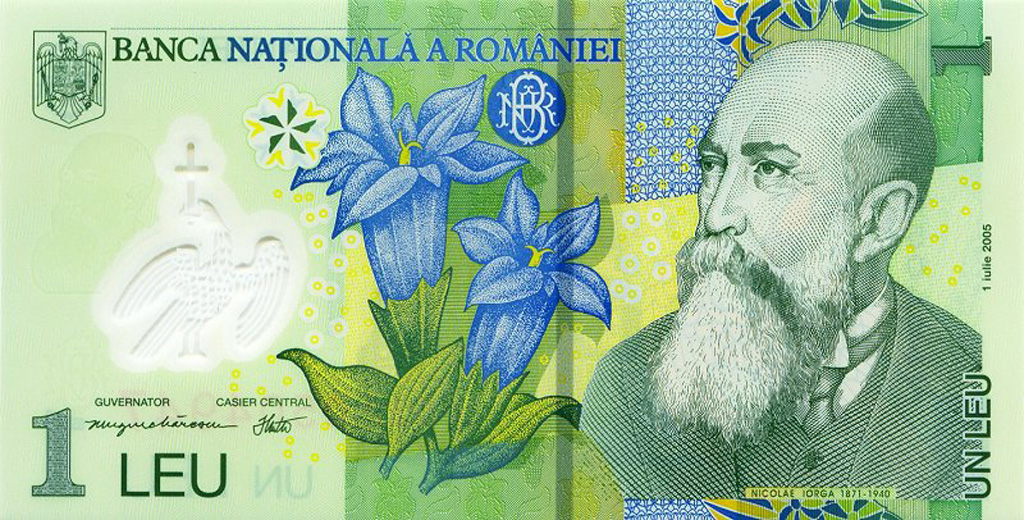 BUDAPEST: Worries over Romania's new taxes weakened the leu further on Wednesday, which tested record lows, and as contrary to some expectations the central bank (NBR) showed no sign it would to defend the currency.
BUDAPEST: Worries over Romania's new taxes weakened the leu further on Wednesday, which tested record lows, and as contrary to some expectations the central bank (NBR) showed no sign it would to defend the currency.
The leu traded at 4.7525 versus the euro at 0929 GMT, 0.4 percent weaker from Tuesday's close.
It has set several record lows this week in brisker-than-usual trade, the latest one late in overnight trade at 4.776, piercing the 4.7 line which many market participants had believed the central bank would defend.
Romanian assets came under pressure a month ago, when the government announced new taxes on banks and energy firms to rein in the rising budget deficit, triggering worries over the business environment in the country.
The tax on bank assets also complicated monetary policy as it is linked to the level of interbank interest rates. Its exact calculation formulae are not known yet.
Bucharest's stock index eased 0.3 percent on Wednesday, reflecting a bearish mood in international markets, moving closer to a 2-year low reached last week.
Romania's 10-year bond yield traded higher around 5.1 percent. Its spread over corresponding German bonds was close to a seven-year-high.
While the government is unlikely to withdraw the tax measures, a sharp decline in inflation in the past months makes a NBR interest rate hike unjustified, and with the tax linked to interest rates, a hike could harm banks, analysts said.
"Interest rate hikes could be a sub-optimal tool to defend the RON (leu) given the linkage to the bank tax and the possible negative feedback loop to market sentiment," said Jason Daw, analyst of Societe Generale in a note.
Daw said the foreign currency reserves level of 36 billion euros would allow the NBR to support the leu via market interventions.
"However, policy inaction (not using reserves, changing fiscal policy, or introducing other stabilization policies) could keep the RON under pressure as sentiment is fragile," he added.
ING analysts said in a note that "NBR' tolerance to short-term FX volatility has increased considerably".
They said the leu may get some support from a likely rise in interbank rates as a new reserve period starts for banks after a bank holiday on Thursday.
Erste analyst Zoltan Arokszallasi said a bigger tolerance for swings did not mean that the bank will fully disregard the leu.
"Given that inflation has fallen into the upper part of the target range only recently, the NBR must also be cautious with the exchange rate as a big weakening can also push inflation higher," he said.

















Comments
Comments are closed.